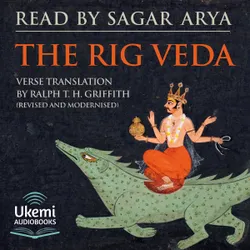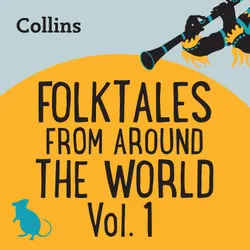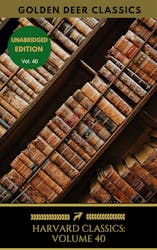The I Ching, also known as the Book of Changes, is a foundational text of Chinese philosophy and esotericism, rooted in ancient wisdom that dates back over three millennia. This divinatory classic employs a unique system of hexagrams'Äîcomposed of broken and unbroken lines'Äîto offer profound insights into the dynamics of change and the natural order of the universe. Its literary style is both poetic and philosophical, interweaving metaphoric language with practical guidance, thereby inviting readers to engage in self-reflection and contemplation. As a text, the I Ching transcends mere fortune-telling, serving as a guide to moral wisdom and ethical decision-making within the context of Confucian and Daoist thought. The anonymity of its authorship adds to the allure and mystique of the I Ching, as it reflects the collective wisdom of various sages and scholars throughout Chinese history. Its origins are debated among scholars, but it is believed to have been compiled by figures such as Confucius and developed through centuries as a living philosophical framework. This depth of thought and the multilayered interpretations have inspired generations, influencing not just Chinese culture but also Western thought, particularly in the realms of psychology and literature. I highly recommend the I Ching to readers seeking to explore the intersections of fate, free will, and moral responsibility. Its timeless principles encourage introspection and adaptability, offering valuable lessons in navigating the complexities of life. Whether approached as a philosophical treatise or a practical guide for personal exploration, this text remains a vital resource for anyone interested in the pursuit of wisdom in an ever-changing world.

The Quiet Spy
Anonymous
audiobook
Sasha the serf, and other stories of Russian life : Tales of Love, Hardship, and Social Injustice in 19th Century Russia
Anonymous
book
I Am A Hitman
Anonymous
audiobook
The Rig Veda
Anonymous
audiobookbook
Folktales From Around the World Vol 1 : For ages 7–11
Anonymous
audiobook
Harvard Classics Volume 40 : English Poetry 1: Chaucer To Gray
Geoffrey Chaucer, Golden Deer Classics, Anonymous, Thomas Wyatt, Henry Howard, George Gascoigne, Edward Dyer, John Lyly, Thomas Lodge, George Peele, Robert Southwell, Samuel Daniel, Michael Drayton, Henry Constable, Edmund Spenser, William Habington, Christopher Marlowe, Richard Rowlands, Thomas Nashe, William Shakespeare, Robert Greene, Richard Barnfield, Thomas Campion, Robert Devereux, Henry Wotton, Edward de Vere, Ben Jonson, John Donne, Joshua Sylvester, William Alexander, Richard Corbet, Thomas Heywood, Thomas Dekker, Francis Beaumont, John Fletcher, John Webster, William Drummond, George Wither, William Browne, Robert Herrick, Francis Quarles, George Herbert, Henry Vaughan, Francis Bacon, James Shirley, Thomas Carew, John Suckling, William D'Avenant, Richard Lovelace, Edmund Waller, William Cartwright, James Graham, Richard Crashaw, Thomas Jordan, Abraham Cowley, Alexander Brome, Andrew Marvell, Earl of Rochester, Charles Sedley, John Dryden, Matthew Prior, Isaac Watts, Lady Grisel Baillie, Joseph Addison, Allan Ramsay, John Gay, Henry Carey, Alexander Pope, Ambrose Philips, Colley Cibber, James Thomson, Thomas Gray, George Bubb Dodington
book
Gilgamesh (Zongo Classics)
Anonymous
book
Wee Ones' Bible Stories
Anonymous
audiobook
The Four Books Of The Maccabees
Anonymous
audiobook
Dirty Cop
Anonymous
audiobook
The Four Books Of The Maccabees
Anonymous
audiobook
Pipsa Possu - Apinapuut
Anonymous
audiobook
